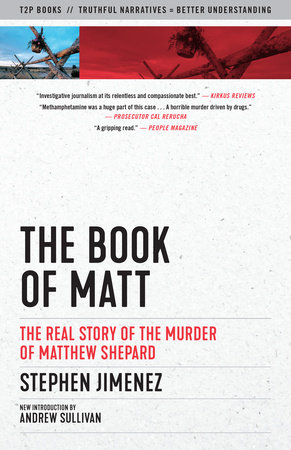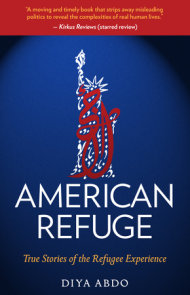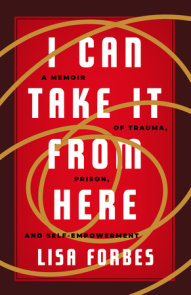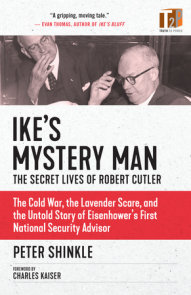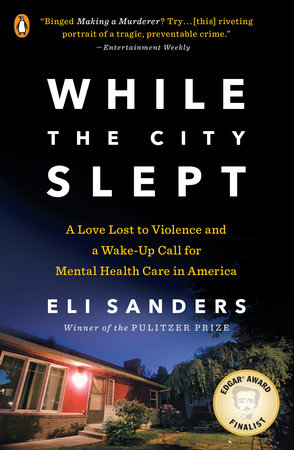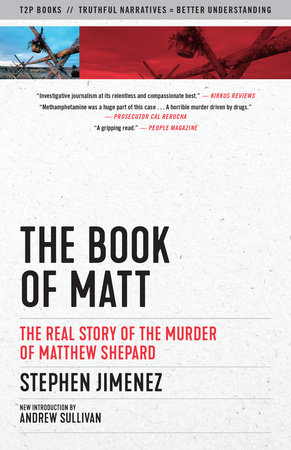

The Book of Matt
By Stephen Jimenez
Introduction by Andrew Sullivan
By Stephen Jimenez
Introduction by Andrew Sullivan
By Stephen Jimenez
Introduction by Andrew Sullivan
By Stephen Jimenez
Introduction by Andrew Sullivan
Part of Truth to Power
Part of Truth to Power
Category: True Crime
Category: True Crime

-
$19.95
Jun 30, 2020 | ISBN 9781586422523
-
May 26, 2020 | ISBN 9781586422684
YOU MAY ALSO LIKE
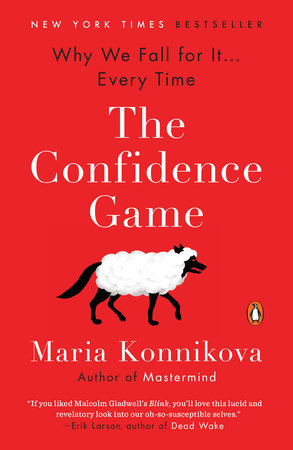
The Confidence Game
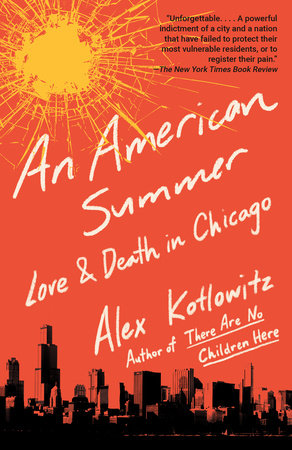
An American Summer
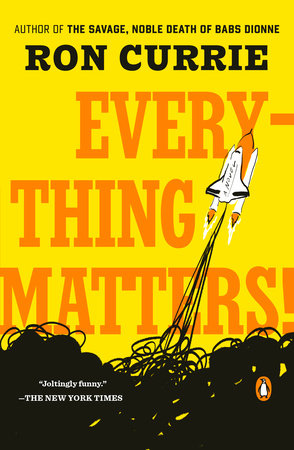
Everything Matters!
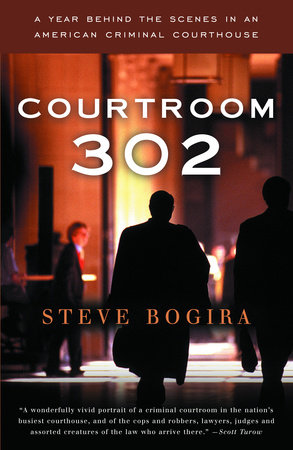
Courtroom 302
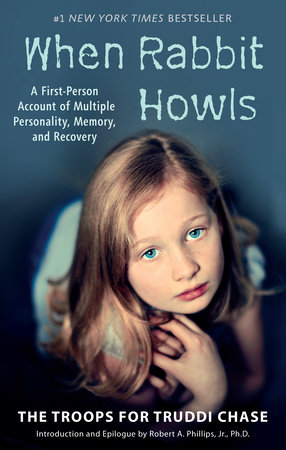
When Rabbit Howls
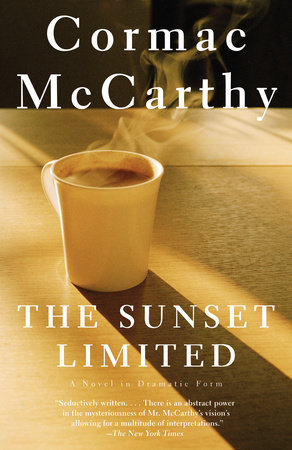
The Sunset Limited
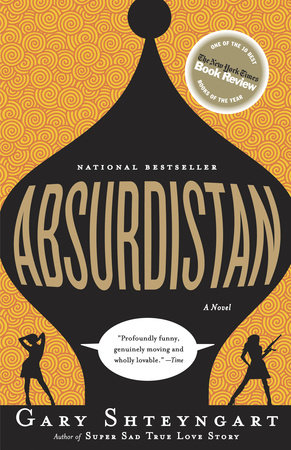
Absurdistan
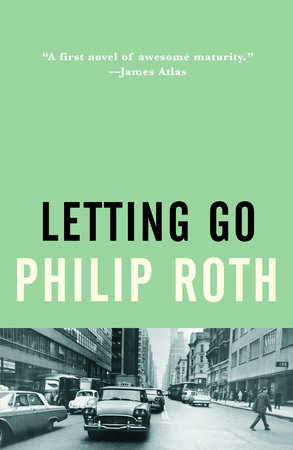
Letting Go
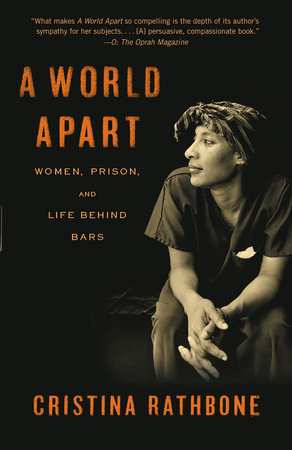
A World Apart
Praise
“An award-winning journalist uncovers the suppressed story behind the death of Matthew Shepard. . . . As Jimenez deconstructs an event that has since passed into the realm of mythology, he humanizes it . . . Investigative journalism at its relentless and compassionate best.” — Kirkus Reviews
“A gripping read.” — People magazine
“Be prepared to encounter a radically revised version of the life and death of Matthew Shepard . . . This riveting true crime narrative will appeal to readers of books such as Norman Mailer’s The Executioner’s Song.” — Library Journal (★ Starred Review)
“The extensive interviews and dogged investigative research conducted by Jimenez make The Book of Matt a model for journalistic inquiry. . . . Jimenez is revealing today what we should have read fifteen years ago. In the meantime, the media continues to report on some anti-gay hate crimes while completely ignoring others, and thousands go completely unreported out of fear of retaliation. Perhaps the main takeaway from The Book of Matt is that we should challenge ourselves to demand the truth from our media at all times, even if it costs us a tidy narrative.” — Rachel Wexelbaum in Lambda Literary Review
“Mr. Jimenez’s book is most useful in illuminating the power of the media to shape the popular conception of an event. It shows how a desire for Manichaean morality tales can lead us to oversimplify the human experience. . . . Mr. Jimenez’s findings cast doubt on what he calls the Shepard story’s function as latter-day ‘passion play and folktale.'” — The Wall Street Journal
“Fifteen years ago . . . Aaron McKinney swung his .357 Magnum for the final time like a baseball bat into the skull of Matthew Shepard. Shepard was tied low to a post, arms behind his back, in a prairie fringe of Laramie, Wyoming. . . . The murder was so vicious, the aftermath so sensational, that the story first told to explain it became gospel before anyone could measure it against reality. That story was born, in part, of shock and grief and the fact that gay men like Shepard have been violently preyed upon by heterosexuals. It was also born of straight culture and secrets. . . . Now comes Stephen Jimenez with The Book of Matt, and this most detailed effort to rescue the protagonists from caricature is, with a few exceptions, being coolly ignored or pilloried for ‘blaming the victim.’ . . . Jimenez does not polemicize or tread deeply into the psyches of the main figures. Rather, he explores the drug-fueled world they inhabited, and evokes its thick air of violence. . . . Jimenez spent thirteen years to tell his story. . . In this story, Shepard and McKinney were neither lamb nor wolf; they were human commodities, working for rival drug circles to support their habits, and occasionally forced to pay their debts in sex. The Matthew Shepard Foundation, the whole machinery that benefited from the story of a desexualized Bad Karma Kid but otherwise happy-in-his-skin Matthew, that used his horrid death as a banner for hate crime laws, have slammed the book. Kinder reviewers have said Jimenez has made the case less political. On the contrary. What impelled McKinney to loathe his desires, and Shepard relentlessly, dangerously to test himself, and Henderson to follow orders? Violence lacerated these young men long before the murder, and it will not be diminished or resisted by myths and vengeful laws.” — JoAnn Wypijewski in The Nation
“Jimenez is careful to point out that his goal is to understand Shepard as a complex human being and make the fullest possible sense of his murder, not to suggest in any way that he deserved his horrific fate. . . . Jimenez’s problem is that he has trodden on hallowed ground. America, as John Ford cannily observed in his western The Man Who Shot Liberty Valance, is a country that likes to build up its heroes and villains and rarely appreciates having the record corrected to restore them to the stature of ordinary, fallible human beings. By now, Shepard’s story has been elevated close to legend, and Shepard himself to a near-messianic figure who suffered for the ultimate benefit of the rest of us. . . . Many of Jimenez’s central contentions are shared by the prosecutor in the case, Cal Rerucha, and by police officers who investigated the murder.” — The Guardian
“Jimenez takes pains to note throughout the book that no matter what led up to the murder, the event was still horrific. And the end result of his retelling is not to demonize Matthew Shepard—Jimenez is himself gay—but to point out that he was human.” — Yasmin Nair, In These Times
“I will never view the death of Matthew Shepard in the same way. After finishing The Book of Matt: Hidden Truths about the Murder of Matthew Shepard . . . it is no longer possible to believe the myth that has grown up around the death of this young man in Laramie 15 years ago.” — Wyoming Tribune Eagle
“It’s been 15 years to the month since a dying Matthew Shepard was found tied to a fencepost outside Laramie, Wyoming. The narrative that quickly emerged — which Stephen Jimenez spends 360 pages debunking in The Book of Matt — was that Shepard had told two strangers he was gay, provoking the savage attack. . . . Jimenez acknowledges that the national revulsion to Shepard’s murder actually helped the gay community, creating more awareness, legal protections, and a trend toward true equality. But The Book of Matt finds nothing positive in the media’s handling of that case.” — Seattle Weekly
“There are numerous hagiographies on the Matthew Shepard murder. [Fifteen] years after Shepard’s murder, they’re being challenged. Are we ready for the tale investigative journalist Stephen Jimenez, himself gay, spins? . . .Jimenez’s message in The Book of Matt: Hidden Truths About the Murder of Matthew Shepard, upends a canonized narrative we all have grown familiarly comfortable with. . . .And now with Jimenez’s incontrovertible evidence that Shepard’s murderers were not strangers — one is a bisexual crystal meth addict who not only knew Matthew, but partied, bought drugs from and had sex with Matthew. With this ‘new’ information a more textured but troubling truth emerges. This truth shatters a revered icon for LGBT rights, one deliberately chosen because of race, gender and economic background. . . . The anointing of Matthew Shepard as an iconic image for LGBT rights not only concealed from the American public the real person but also it hid the other varied faces of hate crimes in the 1990’s. . . . In reading Jimenez’s book we shockingly learn that Matthew Shepard, Gay Icon story is a fictive narrative. . . . The cultural currency of the Shepard narrative’s shelf life, might now after nearly two decades be flickering out, or it’s now of no use to its framers and the community it was intended to serve. . . . I read Jimenez’s The Book of Matt as a cautionary tale of how the needs of a community trumped the truth of a story.” — Rev. Irene Monroe, Out in New Jersey
“Jimenez does a masterful job of unspooling this haunted narrative like a puzzle, giving you seemingly disparate pieces that take a while to form a larger picture… Anyone interested in the Matthew Shepard case needs to read this book.” – Jeff Walsh, Oasis Magazine, an online publication for LGBT youth
“What if nearly everything you thought you knew about Matthew Shepard’s murder was wrong? What if our most fiercely held convictions about the circumstances of that fatal night of October 6, 1998, have obscured other, more critical, aspects of the case? . . . None of this is idle speculation; it’s the fruit of years of dogged investigation by journalist Stephen Jimenez, himself gay. In the course of his reporting, Jimenez interviewed over 100 subjects, including friends of Shepard and of his convicted killers, Aaron McKinney and Russell Henderson, as well as the killers themselves. . . . In the process, he amassed enough anecdotal evidence to build a persuasive case that Shepard’s sexuality was, if not incidental, certainly less central than popular consensus has lead us to believe.” — Aaron Hicklin, Editor-in-Chief of Out magazine, in The Advocate
“What’s truly remarkable about this book is not that, like many before it, it exposes the truth behind a useful myth. It is the reaction of the gay establishment to these difficult truths. The Book Of Matt insists on the horrifying nature of the crime; it had no pre-existing agenda; it’s written by an award-winning reporter who is also a gay man. (The Wyoming Historical Society also gave it an award.) What it does is expose a real problem in the gay male world – especially at the time of the murder: the nexus of sex and meth that destroyed and still destroys so many lives.” — Andrew Sullivan, The Daily Dish
“Stephen Jimenez makes a compelling case that this horrific murder was not a hate crime at all. . . . No doubt Jimenez will face criticism for his powerful book. Why did he have to dig around and stir things up? Won’t people who are opposed to equal rights for LGBT people use his exposé for their reactionary purposes? How do these revelations harm those who built programs teaching tolerance based on the Shepard murder? How will Shepard’s family feel? . . . The movement for equality for gay people is important, not because of what happened to Matthew Shepard on an October night 15 years ago, but because no one should be less valued as a human being because of who they are or who they love. . . . When combating hatred and bigotry, the truth is always important.” — The Jewish Daily Forward
“This is not a left-wing or a right-wing thing. It is not a gay or straight thing, it is not a religious versus atheist thing. It’s a human thing. . . . I admire Stephen Jimenez so much for the courage it took to stick with this story for 13 years, and to report facts that apparently destroy the narrative that he expected to find when he first went to Wyoming to look into the Shepard case. There will be a number of people who will hate him for what he’s done, especially because he himself is a gay journalist. May we all find the courage to follow the truth and to deal with it, no matter where it leads. I aspire to be as brave in my work as Jimenez has been in his. All of us should learn a lesson from his book. It is important to stand up for what we believe is right. But it is more important for us to stand up for the truth..” — Rod Dreher, author of The Little Way of Ruth Leming, in The American Conservative
“I am persuaded by The Book of Matt that we will learn more that is more valuable if we demand the facts, and not a case that is cut to fit a particular agenda… We need a Steve Jimenez to take up the [Trayvon Martin case, to which the book is compared] and devote to it the energy and attention that he devoted to the Shepard murder, to enrich us with the truth.” — Marci A. Hamilton, Justia
“The popular image of this event as one where two drug-using homophobic thugs murdered Matthew because he was gay is overly simplistic. . . Matthew Shepard’s memory is ill served by those who wish to present him as a saint and who urge us not to read this book. The narratives are contradictory; read the book and make your own mind up. What is clear is that Matthew was as complicated and flawed an individual as we all are – and that in no way invalidates his humanity, his right to life or the reaction to his murder.” — The James Morgan Brown Review
21 Books You’ve Been Meaning to Read
Just for joining you’ll get personalized recommendations on your dashboard daily and features only for members.
Find Out More Join Now Sign In








